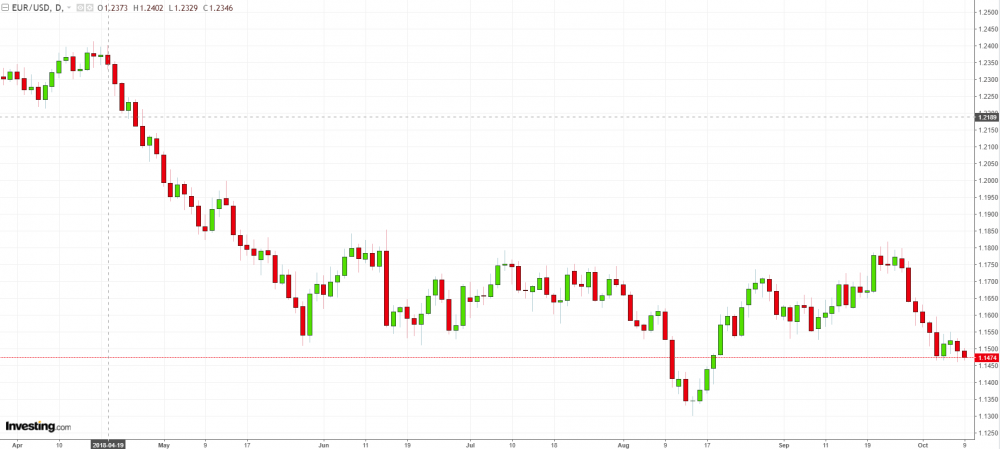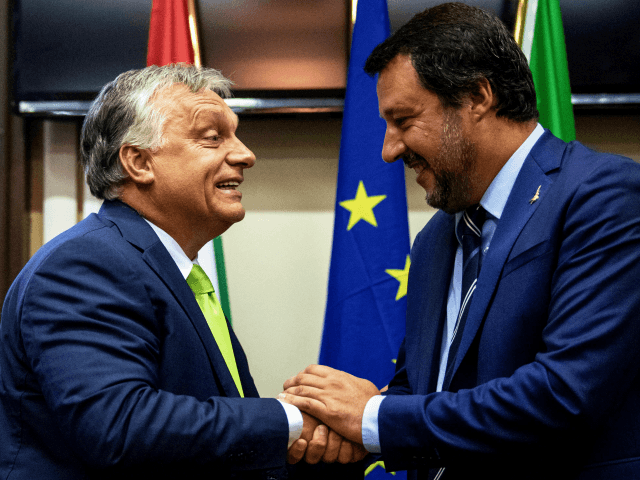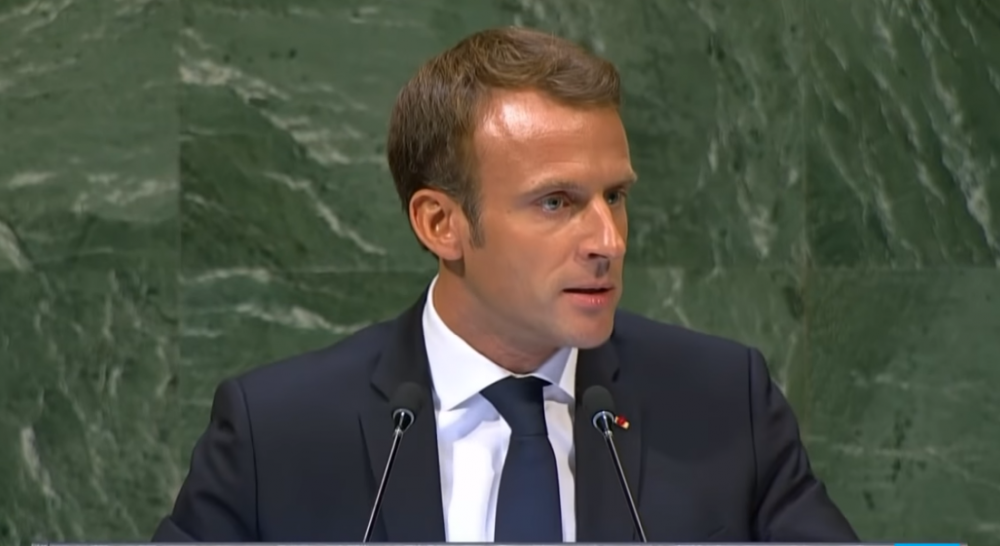MADRID – Discussions about Europe-wide elections are invariably infused with expectations of dramatic change that rarely, if ever, are met. But the upcoming European Parliament election in May 2019 may break the mold, as it could determine the outcome of an ongoing struggle between two visions for Europe’s future: progress toward greater openness and interconnectedness or a reversion to divisive and blinkered nationalism.
Previous European Parliament elections have been preceded by promises that the vote would mean something to the electorate. But, whatever structural and institutional changes have occurred, from increasing the body’s powers to introducing new campaigning procedures, the results have remained lackluster.
With voters unconvinced that European Parliament elections have any concrete impact, domestic political calculations dominate, with citizens using their votes – when they bother to vote at all – to send signals to national parties and punish incumbents. In fact, even as the European Parliament has gained more authority, voter turnout in European elections has steadily decreased since 1979, reaching a low of 42.5% in 2014.
But this year, the election really does matter. An increasingly organized coalition of nationalist forces that are hostile to European integration – and, indeed, to European values – has been gaining traction and cohesion. These forces include Fidesz in Hungary, the Law and Justice (PiS) party in Poland, Germany’s Alternative für Deutschland, the Swedish Democrats, the League in Italy, Marine Le Pen’s National Rally (formerly the National Front) in France, and Geert Wilders’ Dutch Freedom Party.
Opposition to the EU is not new; nor are nationalist parties. But these parties have deepened their cooperation with one another since the last European elections in 2014, particularly on the issue of migration. In August, Hungarian Prime Minister Viktor Orbán and Italian Interior Minister Matteo Salvini held a “summit” where they called for a united front against French President Emmanuel Macron’s pro-integration vision of Europe.
Beyond the clear irony of the far right’s internationalism, this unification of nationalist parties into a Europe-wide force is highly dangerous – not least because these forces have coalesced around a clear, forceful, and, for many, compelling message. To face the challenges of the future, they declare, Europe must return to a less uncertain time, when sovereign countries’ closed borders kept foreigners out.
The nostalgia on which these leaders successfully campaign cannot serve as a basis for policy, because the world they describe never existed. But those who recognize the far-reaching benefits of an open and forward-looking EU are struggling to make their case in a persuasive way. They, too, are focusing on the past, often citing a laundry list of accomplishments; but their version comes across as technical and bloodless. In order to convince a skeptical public that Europe’s strength lies in cooperation, European leaders need to focus on the future. They cannot simply rely on past successes. We have peace and prosperity and no more data roaming charges, but what’s next?
“More unity” is not an adequate answer, even if some treat it as one. In general, abstract and lofty visions are not good enough to compete with the simple and potent message espoused by nationalists.
This does not, however, mean that Europe’s defenders should attempt to hijack the nationalists’ vocabulary to serve a pro-European agenda, as European Commission President Jean-Claude Juncker did when he called for “European sovereignty” – whatever that is – in his recent state of the union address. Pro-European leaders cannot forge a new way forward by making themselves look more like nationalists; on the contrary, they must show just how different they are.
This means combining ideals with tangible proposals for Europe’s development. It means showing why the EU is the most viable and appealing vehicle to take Europe into an ever-more prosperous future. It means proving that the EU is better equipped than individual states to address contemporary challenges, particularly in a world in which a critical mass of power (military, economic, demographic) is increasingly necessary to have any room for maneuver. And it means convincing citizens that the EU, as a community of nations, offers the best chance to strengthen economic resilience, foster innovation, and preserve Europe’s cultures.
Macron has become the poster child for this approach. Too often, however, his is a lone voice; his fellow defenders of Europe nod quietly in agreement, but are unwilling to take political risks of their own. In the months leading up to the May election, all who believe in a European approach to European problems must step up.
The campaign is just beginning, so there is still time to change the narrative and put Europe on a path toward greater influence and increased prosperity. But the window of opportunity is closing fast. Unless those who understand the value of the EU wake up soon and respond effectively to their increasingly unified nationalist adversaries, it will be too late.
Europe faces a stark choice: Will its nation-states move forward together, building strength upon strength, or will they take separate paths, each leading to mediocrity? Believe it or not, the outcome of the upcoming election really does matter. For Europe, the stakes could not be higher.







